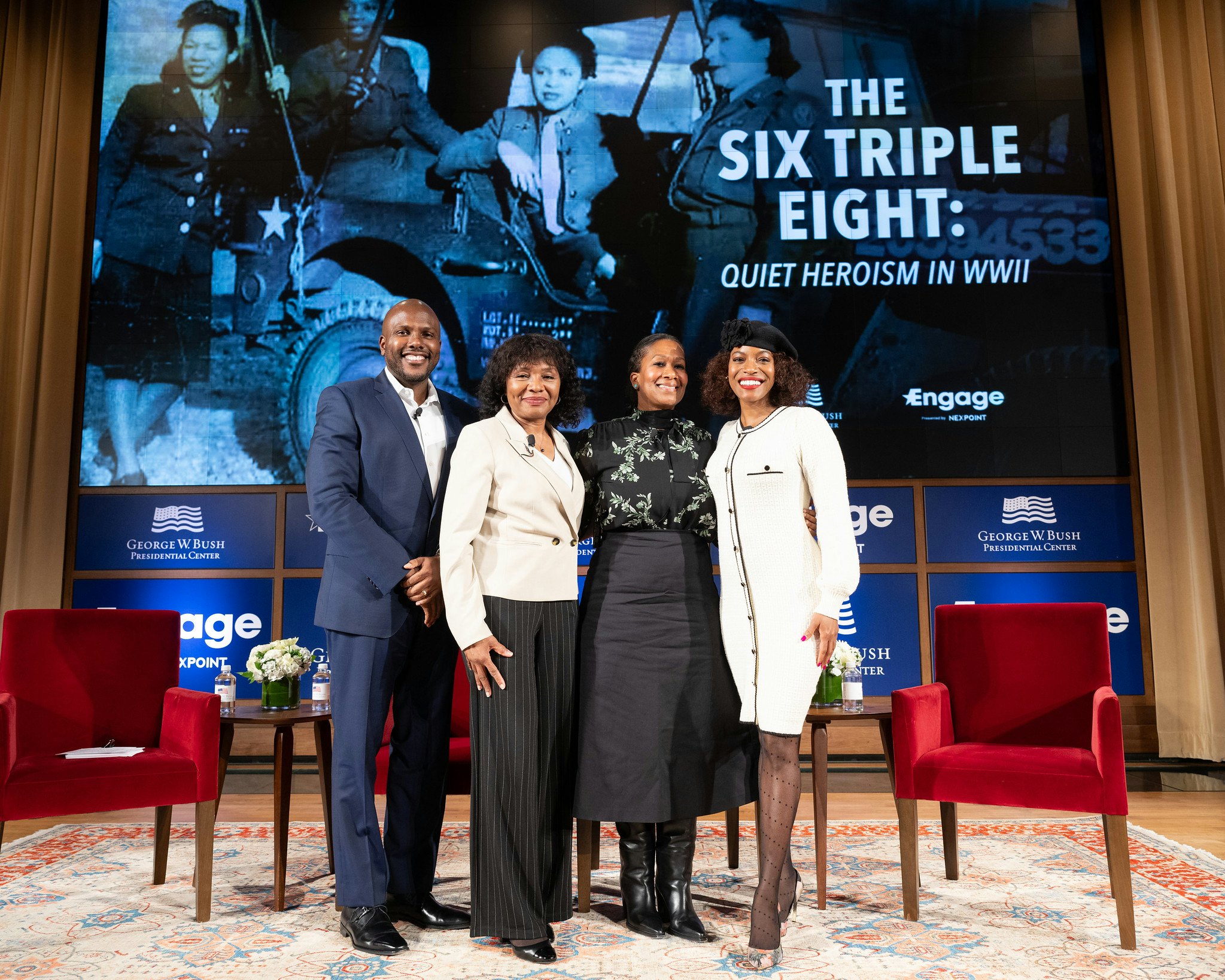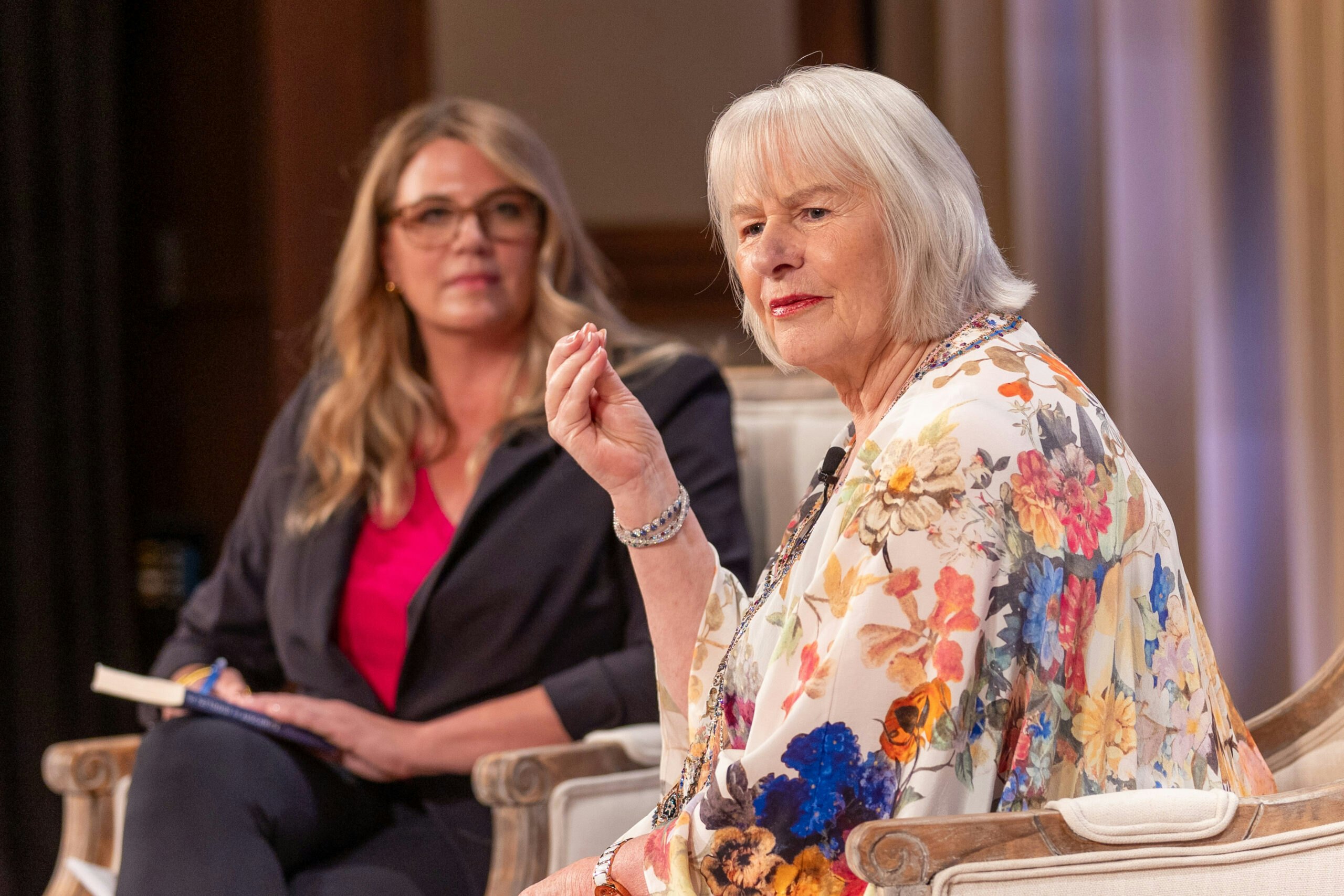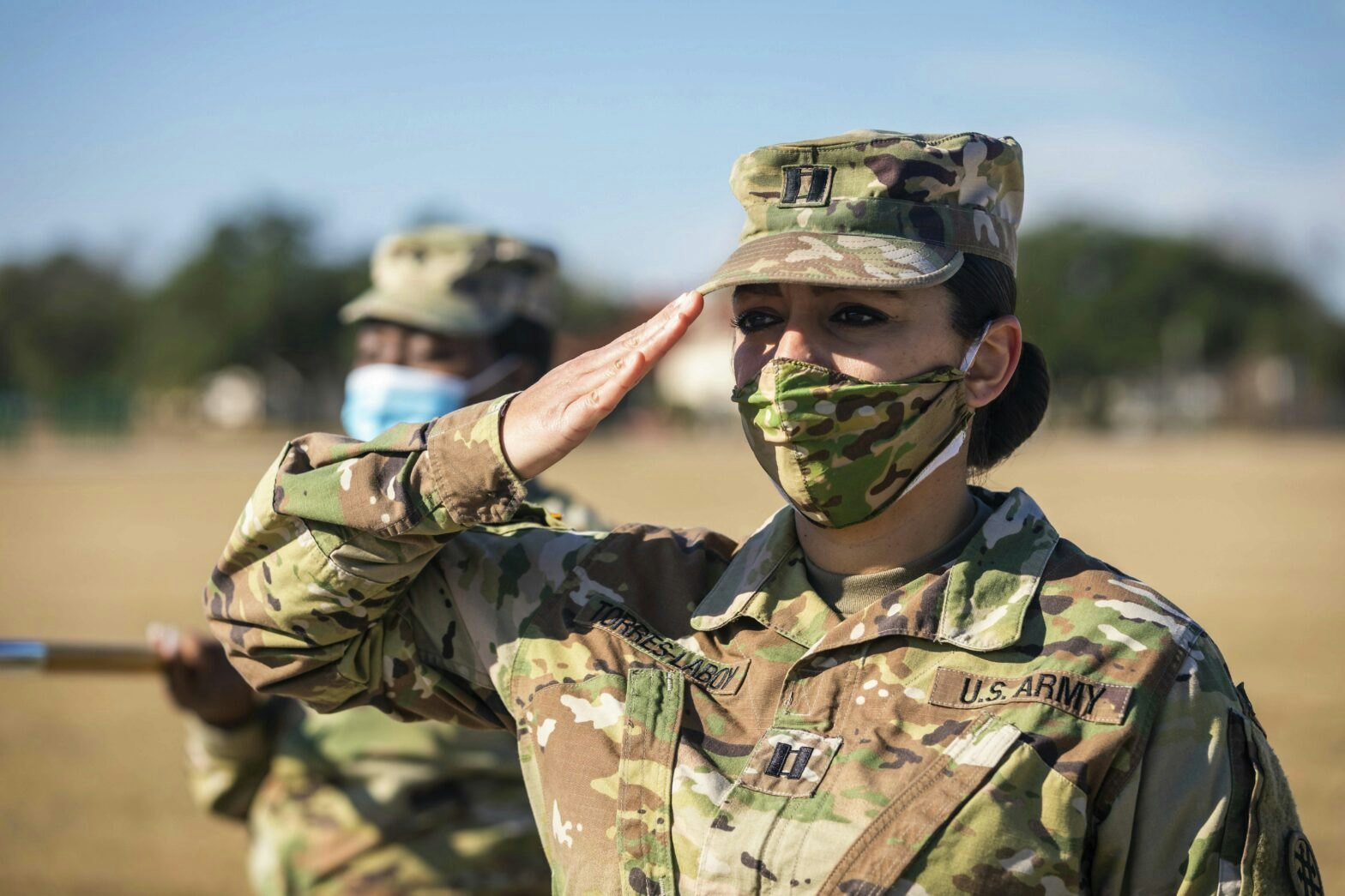This week, in honor of Veterans Day, the Bush Center will feature a series of posts that highlight the strength and resilience of the brave men and women who volunteered to wear our Nation’s uniform.
Today, we hear from Brigadier General (ret.) Jack Hammond, Executive Director of Home Base, about treating the invisible wounds of war.
Many of us are aware of the staggering number of suicides that continue to rob us of members of this next greatest generation. Unlike the tragic loss of a comrade in combat, we can prevent a significant number of these deaths by connecting our brothers and sisters in arms to clinical programs with culturally sensitive and medically competent providers. Despite national efforts to eliminate the stigma associated with these unseen wounds and injuries, significant barriers remain in connecting our veterans and their families to care.
A great deal of effort is spent by our military to build the “warrior spirit” within the men and women who serve this nation, to ensure their battlefield survival. We train them to “play hurt,” and to “never give up.” They are selfless in their service, they are problem solvers, they are physically and mentally fit, and they are members of teams focused on accomplishing whatever mission they are given. But what happens when they become injured on the inside, and they cannot “drive-on”? What happens when they can no longer function as part of this team? Many lose their sense of purpose and self-reliance, slip into the black hole of depression and self-medication, and ultimately spiral toward a tragic ending.
When it comes to treating the invisible wounds of the mind, we are still operating at the AM radio level of medicine in a digital world. The invisible wounds of war are complex injuries that require innovative 21st century solutions, and that’s what we are trying to do at Home Base. Home Base is a partnership between the Red Sox Foundation and Massachusetts General Hospital, and we have one mission: to heal the invisible wounds of war for post-9/11 veterans and their families through clinical care, wellness, training, and research.
Our clinical team is nested at one of the top hospitals in the country and includes some of the leading faculty members at Harvard Medical School. Over the past 7 years, Home Base has provided clinical care, support and wellness services for more than 11,000 veterans, actively serving members of the military, and their families – all at no cost to them. We have trained over 52,000 clinicians and first responders throughout the country, and we have shifted the paradigm of care by recognizing that when one member serves, the entire family is impacted.
For this reason, Home Base has developed a three-generation model that provides care and support for our military families – including the children, spouses, siblings, and parents of this generation of veterans. At Home Base, we recognize that the broad spectrum of unseen injuries requires a range of programs, including the following: complex clinical care, mind-body medicine, fitness, nutrition, and the simple goodness of bringing military families and veterans together in outdoor activities. Home Base has created a “wellness-based model of healing” that combines evidence-based care with integrative therapies and wellness initiatives.
In 2016, Home Base launched a groundbreaking new two-week intensive clinical program (ICP) that treats the minds, bodies, and souls of service members and veterans injured by the invisible wounds of war. Our culturally sensitive clinical team has developed a uniquely innovative program that compresses a year of evidence-based individual and group therapy into 14 days. This treatment is supplemented by mind-body medicine, fitness, nutrition, and complimentary forms of alternative medicine such as Tai-Chi and Yoga.
The men and women who attend this program are formed into a ten-person cohort group, and this squad sized team is given one mission: to help each other heal. The results thus far have been amazing. Veterans, service members, and their family members have travelled to Boston from 30 different states this year. Our clinical team plays a crucial role in unlocking the most complex issues, but skill building is an important part of this program. Our warriors are given the tools and responsibility to take charge of their own lives and actions.
They are not victims, and they don’t need handouts; they simply need a hand up.
Strategic partnerships are the key to making a national impact. Home Base has partnered with three academic medical centers (Rush Medical School, Emory University, and UCLA), and the Wounded Warrior Project to create the Warrior Care Network. All four of these prestigious centers now operate a two or three week intensive clinical program in a collaborative partnership that includes data sharing and best practices. A Memorandum of Agreement with the VA has paved the way for bi-lateral referrals and assistance, and support from Fisher House ensures first rate housing for our Veterans and their families. Together we are building a new model of care for our 21st century veterans and their families, and provide hope to many men and women who have none. In short, we are saving lives.
As someone who struggled with these unseen wounds and received care after each of my deployments, I cannot emphasize how crucial it is to treat the whole person, including the mind, body, and soul. It is extremely important to provide our self-reliant warriors with the skills and tools that will enable them to take an active role in their care, reconnect with their families, and lead the healthy and productive lives that they so richly deserve.























